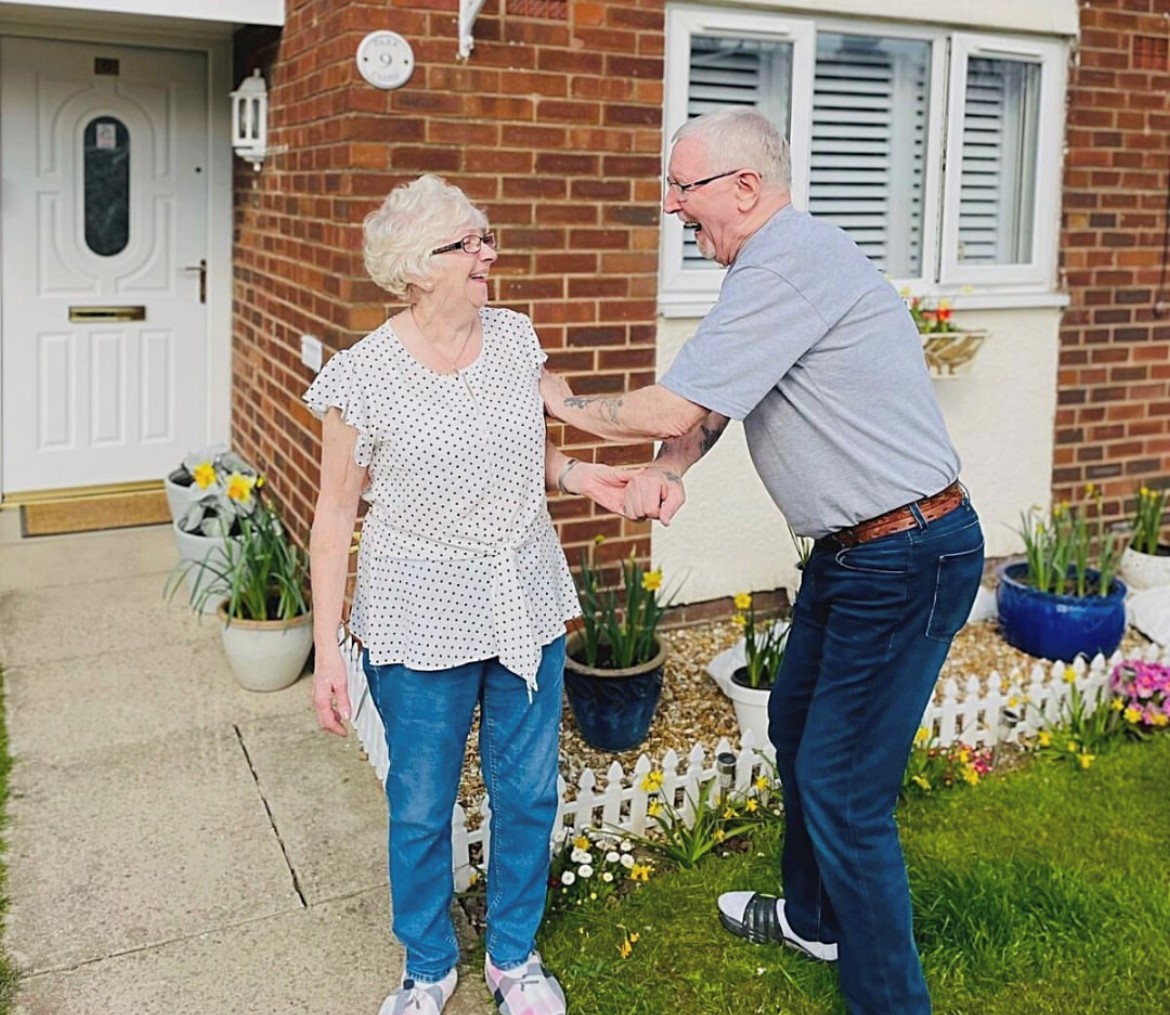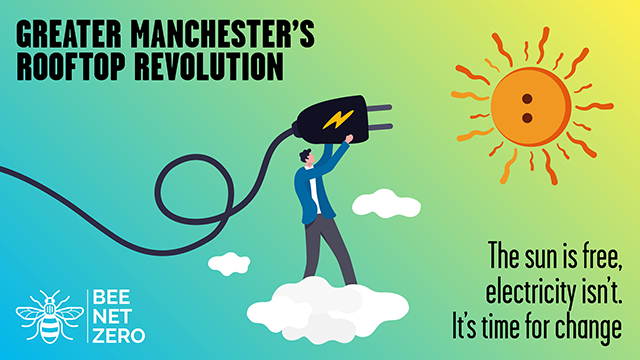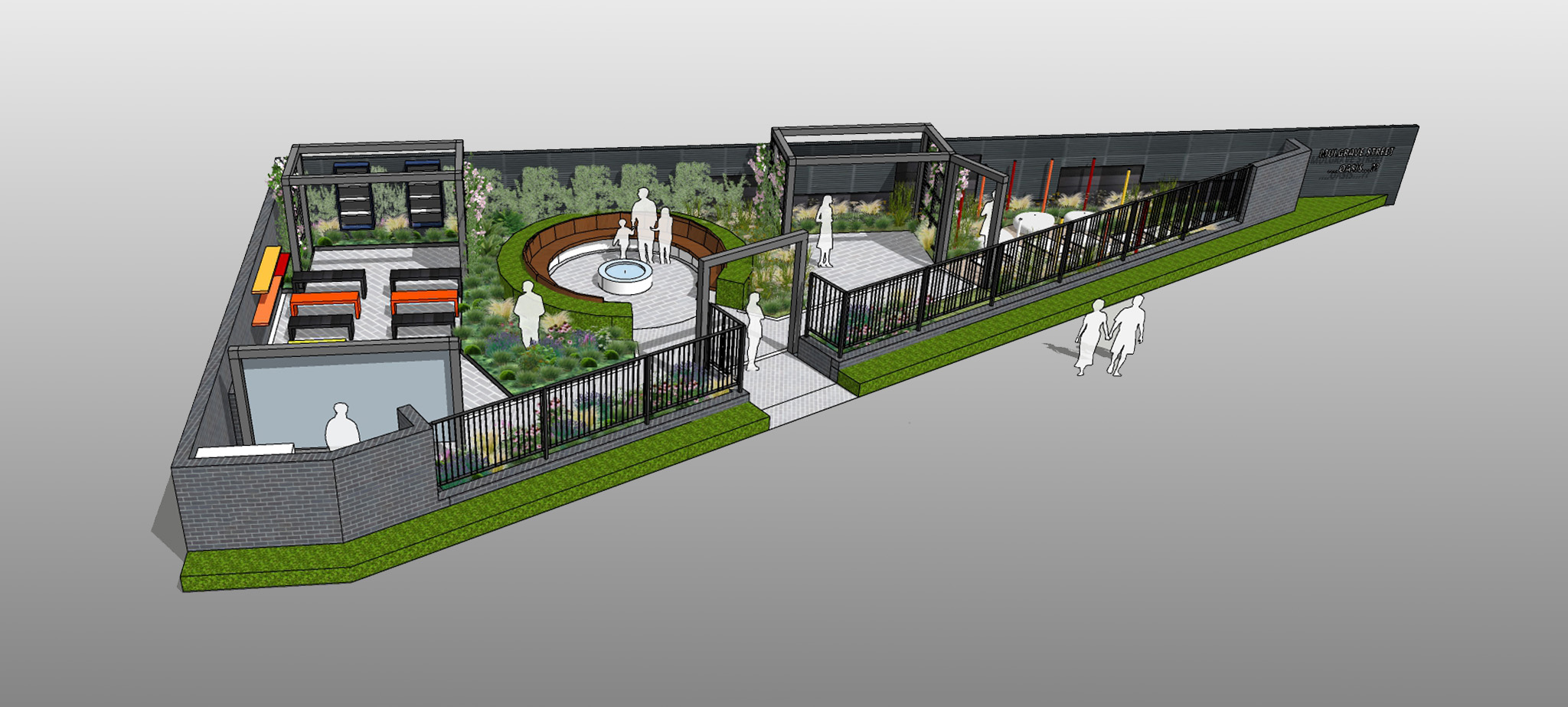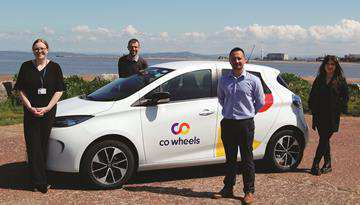
Lancaster District Car Club
Leonardgate Car Park, Lancaster
Our Story
In 2018/19, Lancaster City Council were paying out up to £50,000 in milage claims for staff, producing an estimated 31 tonnes of CO2. Despite having three pool cars at the town halls, officers began the process of understanding the business rationale behind causal milage claims and why personal cars were being used.
It was discovered that personal cars were used mainly for convenience but also due to the lack of pool cars available and the inflexibility of the booking system. Analysis of milage claim data also confirmed the ideal location and distribution of cars among the teams.
Using this information, a business case was developed to increase the council’s electric pool car fleet and introduce an easier and more flexible means of booking cars. The proposal developed was based on financing the scheme using capital borrowing, which would be paid back by reducing the amount of casual mileage claims from officers.
The business case was approved and in 20/21 the council invested £114,000 in buying six EVs, with £70,000 spent on the instillation of charging infrastructure at key locations across the district.
The Challenge
Understandably, Covid-19 created a delay in the launch of the car club to the public and initially, increased home-working also resulted in less demand from internal officers. There were also some preconceived ideas about access difficulties formed around the older booking systems. This has all now changed.
We’ve learnt that efforts have to be focused on getting buy-in from staff, department managers and heads of service and that engagement in the early stages is really important for uptake. It’s also clear that there’s not a one-size-fits-all when it comes to these sorts of schemes.
Promotion of the scheme was rigorous and we’ve taken an ‘on-going’ approach to maintain interest and broaden our reach. It was vital that any issues that arose were addressed quickly and efficiently at the start to ensure that staff remain engaged and the reputation of the scheme is maintained.
Our Solution
Rather than a standard, off the shelf booking system, the project team partnered with Co-Wheels to offer keyless entry to the cars and provide an agile booking system via a mobile app.
In additional to providing staff access, a public launch was scheduled for May 2021 and two cars were opened to residents and the general public during off-peak times via the Co-Wheels car club scheme. This allows residents to have access to electric cars on a pay-as-you-go system, using scheme to gain further value from the assets when not in use. Officers were keen to monitor bookings in order to assess demand.
Since the public launch, bookings have steadily increased, primarily over the weekend periods. In August 2021, 749 miles were driven by the public with bookings every weekend. As demand is increasing, officers are reviewing options to open up several other cars that are located across the district.
The project is currently on track and has achieved close to the Yr1 50% emission reduction projected in the business case with booking numbers increasing and internal mileage claims reducing. The additional public bookings not only contribute towards the cost of the scheme, but also provide an inexpensive way for residents to access new, greener forms of transport.
FOR FURTHER INFORMATION CLICK HERE.
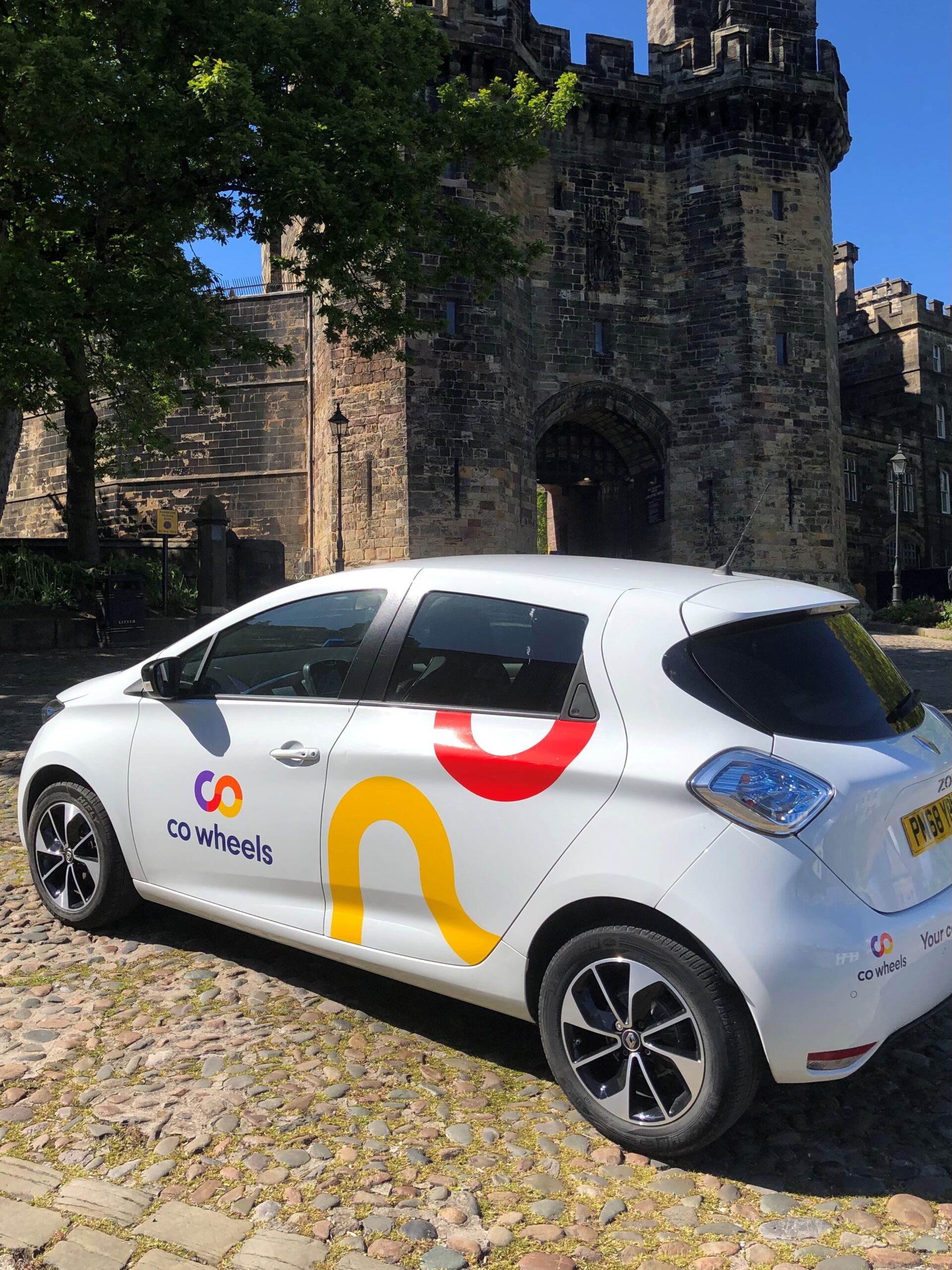 One of Lancaster City Council's electric cars
One of Lancaster City Council's electric cars
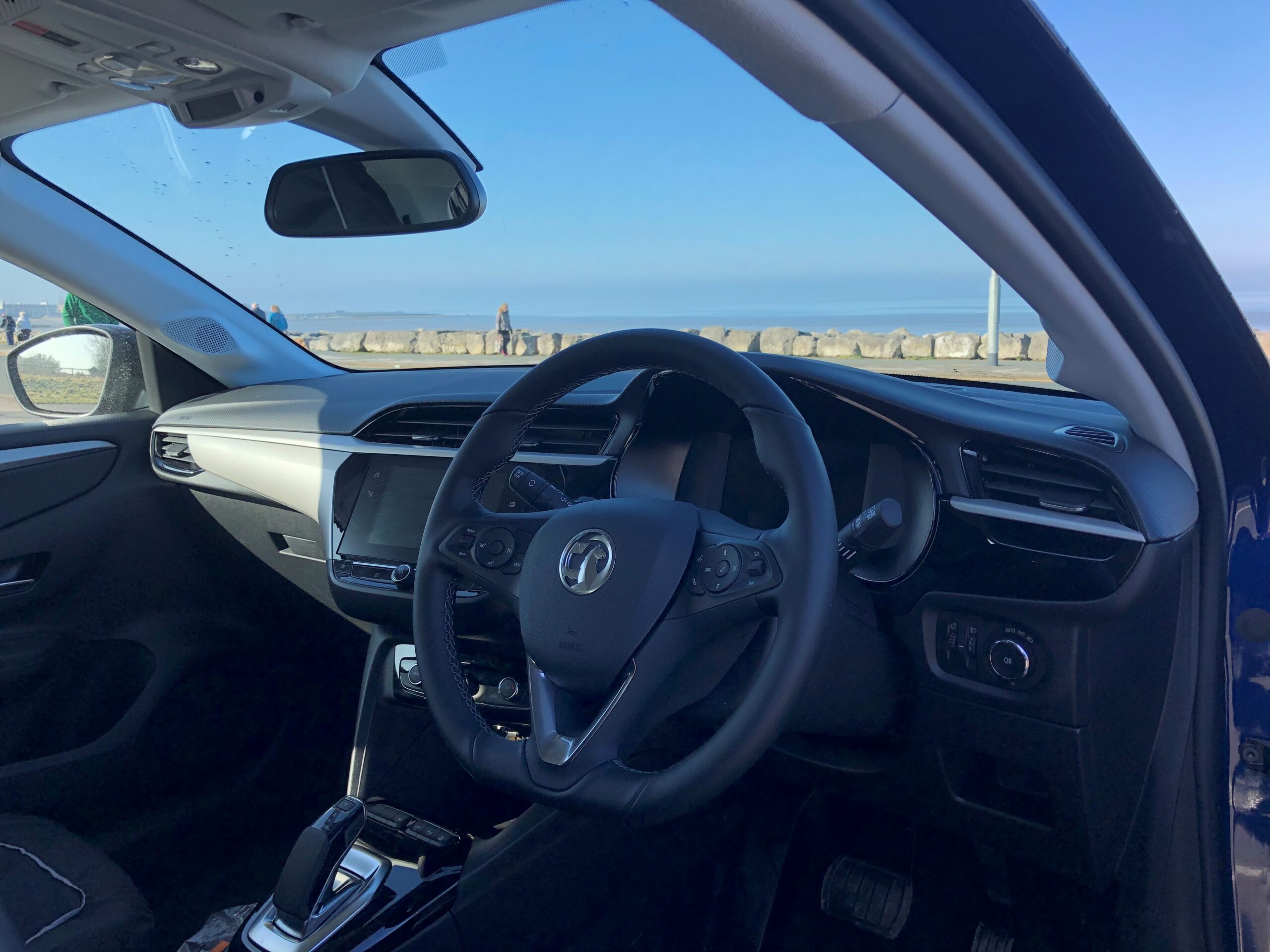 New Vauxhall Corsa-e's added to the fleet
New Vauxhall Corsa-e's added to the fleet



